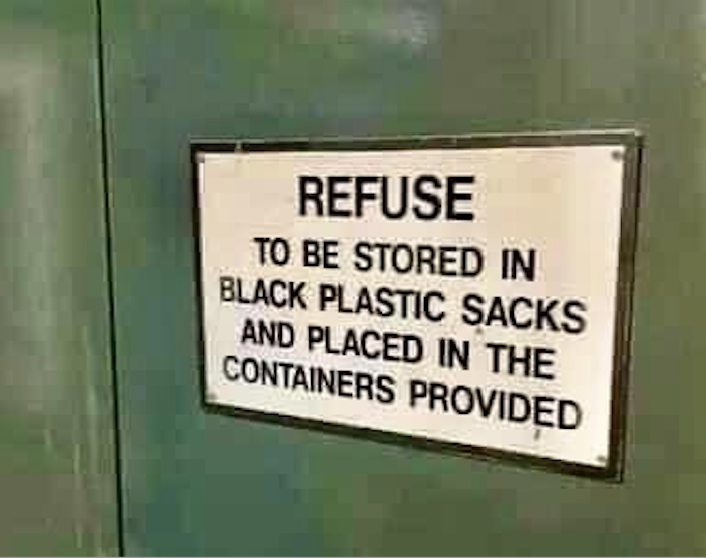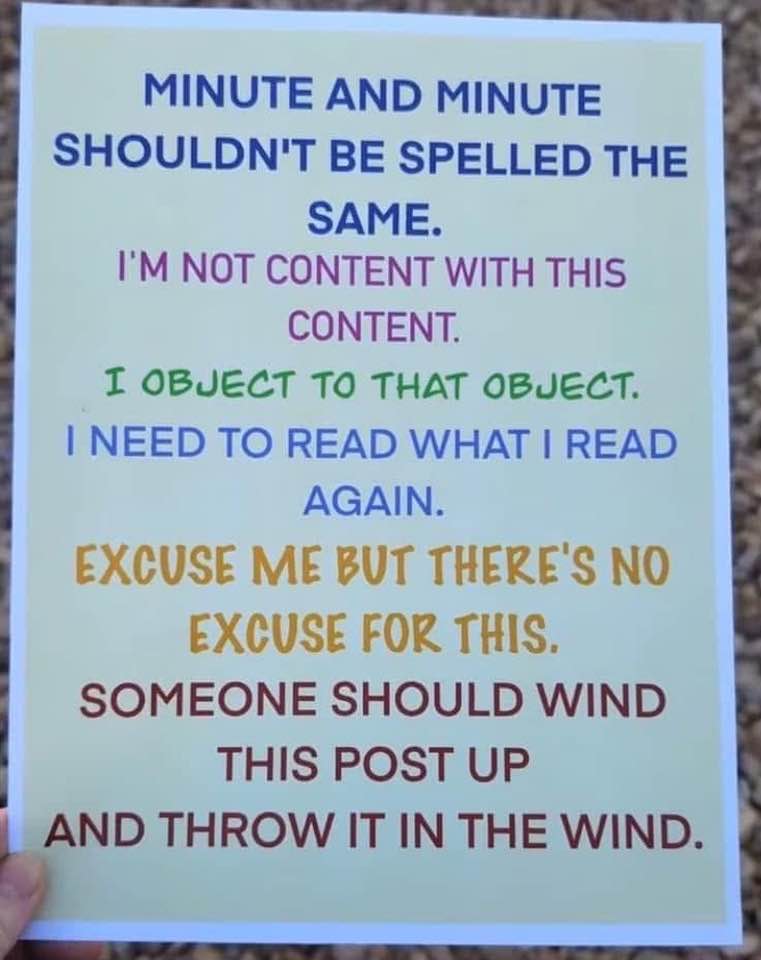
Some English words change pronunciation depending whether they're a noun or a verb.
People used to use dictionaries lots, but those days are passing. I'm willing to sponsor and keep a list of those words. It's fun to know. Even as English changes, and some of the subtleties will fade (to be replaced by other words and new subtleties), it might be a fun list to make.
Noun with first-syllable emphasis, verb with second-syllable.
permit / permit
combat / combat
survey / survey
impound / impound
compound / compound
produce / produce
implant / implant
address / address
object / object
reject / reject
record / record
insert / insert
intern / intern
imprint / imprint
conscript / conscript
import / import
present / present
intrigue / intrigue
consort / consort
construct / construct
contract / contract
contrast / contrast
consult / consult
research / research
detail / detail
allies / allies
ally / ally
exploit / exploit
segment / segment
confines / confine
entrance / entrance
discharge / discharge
recall / recall
addict / addict
project / project
insult / insult
object / object
attribute / attribute
console / console
romance / romance
impact / impact
compact / compact
suspect / suspect
protest / protest
contest / contest

refuse / refuseSAME EMPHASIS, but the "s" changes:
use/use
close/close
excuse/excuse
lose/loose(spelling change is minor; "s" changes)
Howard Pyle, in The Merry Adventures of Robin Hood, has Robin Hood say:
Gaffer Swanthold speaks truth when he saith, "Better a crust with content than honey with a sour heart."Recent, internet content (the noun), just 25 seconds:
reference / refer
inference / infer
implication / imply
compilation / compile
information / inform
deprivation / deprive
inspiration / inspire
excess / exceed
frequent / frequent
reference / refer
perfect / perfect
relay / relay
approximate / approximāte
impass / impassive
satire / satirical
employ / employI bet there were others that were more obscure and have been abandoned, or people using them now aren't aware that there were once two pronunciations, maybe.
[the first is the situation or status (in the employ of...), so a noun; the individual would be "employee"]
British, second / second and seconded
[it means to sub someone in, at work. I heard it on Prime Suspect, season 4, episode 2; a supervisor is assigned to a case at a different police station; she had been seconded. So it was quick and temporary, seemed (it's a legal term)]

subordinate / subordināte
April 17, 2016 (I don't know how long facebook links might work.)
Something I wrote in that first exchange:
ENvelope (a thing)Michelle A. asked "Is it the same in all accents I wonder?"
EvVELope (to wrap around a thing)PERmit (a piece of paper giving permission)
PerMIT (to allow something to happen)REFuse (junk/thrown-away things)
ReFUSE (to decline something)The sound of the "s" changes in this one, too:REFuse (junk/thrown-away things; short "e" on the noun)The first one sounds like "use" with an "ss"y s.
ReFUSE (to decline something; long "e")
The second, the s is like a Z, as in "refusal"
I wrote: Refuse is.
Except a Scandinavian English accent. They use hissy-s on everything, it seems. (I could be wrong.)
I went back there in 2022 and used "international" as an example of alternating stress patterns (which is what someone had mistakenly called this noun/verb thing). And so I though of "INtern" (someone who takes an unpaid position) and inTERN (to lock someone up, which maybe could apply)... so I poked around. Current advice about how to use a verb form to go with the noun "intern" ...
internship [what verb to use?]So things do go off the rails and can't all be brought back. English does weird things, and as internationally used as it is, there's no longer any "governing body" or owner of it. If India has usages that baffle the UK, Canada, Australia, New Zealand and the U.S., so what? It's the only common language in a huge nation.
Selected answer: to do an internship
Not all Indians speak English, but only the U.S. outnumbers them in English-speaking population.
India has over three times as many English speakers as the United Kingdom has. The UK is #6 on the list, behind the U.S., India, Pakistan, Nigeria and The Phillipines. (The details and disclaimers on that page are fun.)
If someone is 'interned' in a prison, he's an "internee" (or more likely a prisoner who was imprisoned).
International isn't really related, and neither (I think) is "internal" (but I could be wrong).

Language Arts (much more than writing)

Words (directory page)